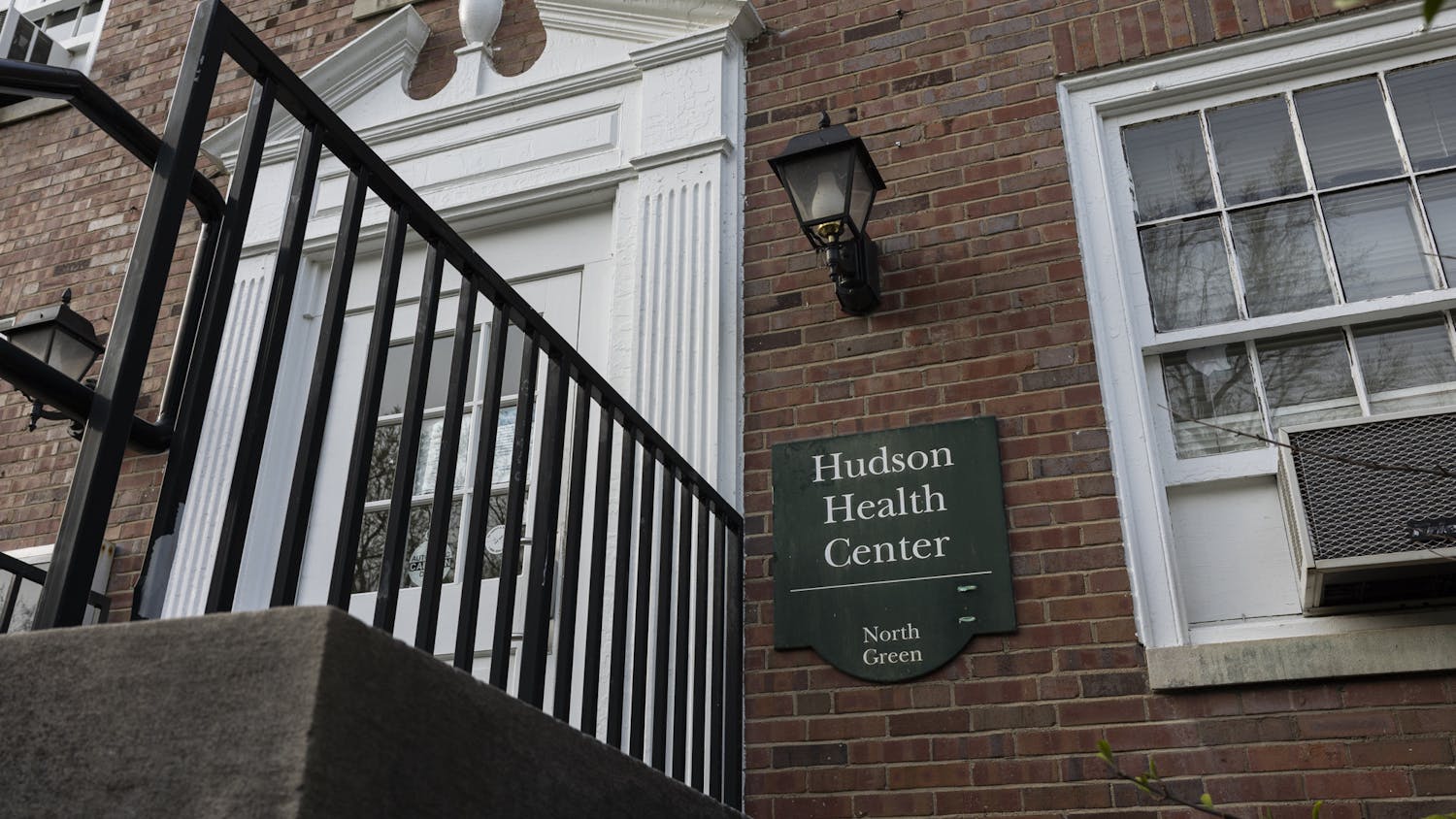On any given night in the United States, an estimated 67,000 veterans are homeless.
And though homeless veterans only make up 7 percent of the general homeless population in the U.S., they make up about 13 percent of the overall homeless adult population, according to the National Coalition for Homeless Veterans.
Many returning veterans suffer from post-traumatic stress disorder, substance abuse or other problems, which could contribute to difficulties in finding employment.
For veterans with PTSD, proper help is available, but many choose not to seek it, said David Malawista, former psychologist at Appalachian Behavioral Heath Care.
“Some see it as a sign of weakness in the military to admit you need help,” Malawista said. “It all depends on how comfortable (the veterans) are with people who haven’t had the military experience.”
When veterans are discharged from military activity, they are asked if they have any physical or psychological problems, and the tendency is to say no so they can go home and return to their families, said Stephen Murray, president of the Athens County Veteran Services and vice president of the Athens Area Vietnam Veterans.
“In fact, some returning veterans weren’t even offered (help). Most returning veterans just went home and dealt with it on their own,” Murray said. “And it’s a problem because PTSD is something that never goes away. It may lie dormant, but it will rarely end.”
Some veterans may feel shortchanged by the government because resources have been cut back and funding has been shorted, Malawista said. Some organizations do not reach out to veterans living on the streets because they want to focus on the people who actually reach out and say they really need help.
Many people join the military when they are young because they are unable to find a job, and the military serves as an escape from finding a job in the real world, said John, a veteran of the Cold War era who lives in Athens.
“What happens when your service ends? It’s so hard to find a job, and it’s a perpetual thing,” he said. “My cousin is a colonel in the military, and he fits in perfectly. If he were to leave, he’d be lost.”
After serving in the military from 1984-1988, John became a professor of music at Hocking College. Though he has a degree from Ohio University, John is currently unemployed and has found it difficult to get a job.
“(The veterans services) have done as much has they possibly could, and I appreciate that, but it hasn’t really helped me get a job,” he said.
Though about 41 percent of homeless veterans remain unsheltered, according to the 2011 Annual Homeless Assessment Report to Congress, a variety of outlets have enabled homeless veterans to receive proper help.
“On a national level, there’s the Grant and Per Diem Program, which provides transitional housing for homeless veterans; there’s the Department of Housing and Urban Development, which is collaborating with homeless veterans to create permanent housing for chronic veterans; and there is the Department of Labor, which has the homeless veteran reintegration program, an employment focused program,” said Randy Brown, spokesman for the National Coalition for Homeless Veterans.
The Housing and Urban Development Veterans Affairs Supportive Housing Program, created by the U.S. Department of Veteran Affairs and available specifically for homeless veterans, gives housing vouchers to veterans, allowing them to afford an apartment or house, said Adam Ruege, Coordinator at the Community Outreach Division of the U.S. Department of Veteran Affairs.
The HUD-VASH program is directed toward chronic veterans — those who have been homeless for a year, or four separate times.
In Athens County, Murray has grown skeptical about one homeless veteran near the East State Street exit who wields a “WWII veteran” sign.
“We question his validity for a number of reasons, including the fact that we have offered him help, but he declines our help each time,” he said. “If he were to produce a DD214 — an official certificate of release from Active Duty, issued by the United States Department of Defense — to me, I’d have no reason to question him, but there’s a lot of gray area.”
Some describe homelessness as an addiction.
“You have to convince yourself that you want out of being homeless before you actually do it,” said John Matheny, vice president of the Athens County Veteran Services. “That individual (on East State Street) presents a bad image on us because he asks for help but chooses not to take the real help that he can get.”
az346610@ohiou.edu





